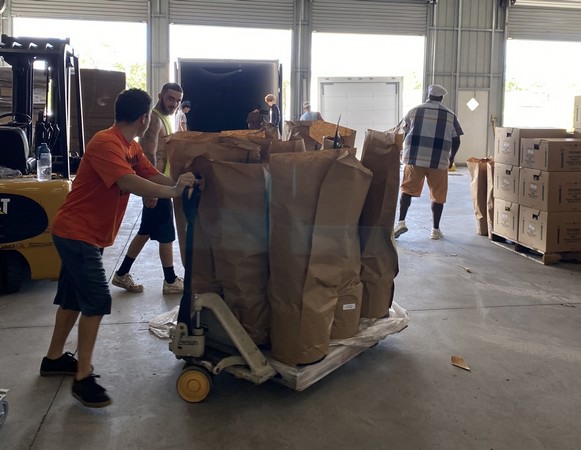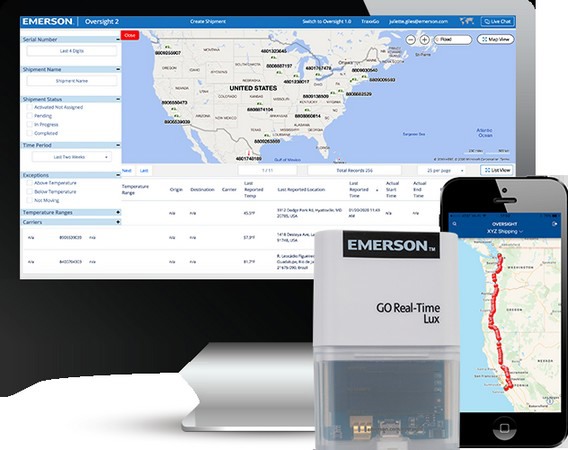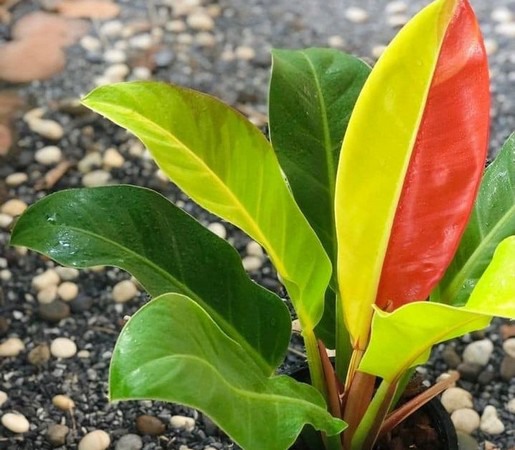The market for tropical plants has heated up significantly in recent years. Increasing consumer demand for rare specimens, such as those with distinctive leaf variegation or unique foliage, has been known to fetch hefty price tags surpassing thousands of dollars. For R&D Nurseries, which specializes in the cultivation of rare, exotic tropical plants from their headquarters in Umatilla, Florida, protecting these assets from the greenhouse to their customers' homes and gardens is the wholesaler's top priority.

With nearly 15 years of experience in the rare and exotic plant business, R&D Nurseries operates five greenhouse locations in Florida, where it ships tropical plants throughout the continental United States and into Canada. Plants are available in small to large pot sizes, spanning a wide variety of popular cultivars and prices, from $2 for more common species to $1,000 for rarities such as the Philodendron Red Moon. Bringing these exotic offerings to market is what drives the R&D Nurseries team, who lives by their slogan: "We've got it growing on!"
According to Ashley Kinney, R&D Nurseries' Customer Success Manager, the nursery ships up to 10 truckloads and less-than-truckloads (LTLs) per week. Preserving plant quality during shipping is considered the final step in a long nurturing process.

Challenge
Achieving the "Goldilocks" zone
When truckloads and LTLs are dispatched for shipping, the value of each shipment's precious cargo can range from $20k to $100k. Kinney said that quality assurance (QA) personnel wrap plants in protective sleeves to minimize foliage damage during shipping. Even so, maintaining proper cargo temperatures in the refrigerated shipping container is perhaps the most important factor in protecting their tropical assets and preserving plant quality.
"Seventy-five degrees Fahrenheit is the ideal shipping temperature for most of our plants. If the trucks are too hot, leaves may burn; too cold, and plants can quickly get damaged or even die," said Kinney. Minimizing temperature swings in either direction is critical to achieving that Goldilocks zone of ideal storage temperature. This is especially important during the loading and unloading processes, which can disrupt the interior temperature of a shipping container. If plant damage is detected upon inspection, retailers have the option to reject an entire load.

Kinney said that delivery timeliness was also essential to the nursery's goal of providing excellent customer service levels to their retail customers. If any delays or disruptions occur during a shipment, it's important for the R&D team to inform customers of revised delivery schedules and estimated times of arrival (ETAs).
Solution
Respond to temperature and delivery issues in real-time
As the R&D Nursery's customer base quickly expanded, the owners realized they needed new tools and technologies that would enable them to better protect their plants during shipping. In 2015, they tapped Emerson for its cold chain expertise in real-time temperature and location monitoring of perishable, in-transit shipments. Since then, the company has used Emerson's GO real-time trackers in all its long-haul (out-of-state) plant shipments, as well as leveraging the companion Oversight portal for enhanced visibility and greater insights.
Kinney explained that GO real-time trackers have solved two primary business challenges: 1) monitoring proper temperatures in shipping containers; 2) monitoring the precise locations and ETAs of in-transit shipments.
"The customer success team receives real-time alerts anytime temperatures deviate from the optimal setpoint ranges or when trucks are at risk of missing their ETAs," said Kinney. Integrating these alerts and notifications into QA processes enables R&D to communicate with carriers to correct temperature issues and inform customers so that they can reschedule deliveries. Kinney said that it also provides a record of temperatures during each shipment to help validate quality procedures and handle any disputes that may arise on deliveries.
Although central Florida is an ideal location to grow tropical plants, Kinney said that there are occasional cold winter nights that can threaten greenhouse crops. When the forecast calls for temperatures into the 30–40 °F range, she said that the R&D team will place the GO real-time trackers in the greenhouses themselves to help them monitor overnight temperatures.
"These cold snaps can damage or kill whole crops if we're not careful, so we also use the devices to help us keep an eye on greenhouse temperatures during cold nights," Kinney said.
Results
Saving plants and growing profits
Since adopting the GO real-time tracker and Oversight portal solution, R&D Nurseries has greatly improved their abilities to protect the product quality and raise their customer service levels. Real-time alerts keep the customer success team informed of temperature excursions and truck locations so that they can respond immediately to avert plant damage and communicate with their retail customers.
Kinney indicated that through the years, the company has experienced numerous occasions in which GO real-time trackers saved the day — and in the process, preserved the integrity of delicate plant foliage while growing profits and improving customer relationships. She recounted a recent occasion when, during an unloading process, truck doors were left open during the heat of the day.
"When you consider that there are potentially tens of thousands of dollars in plants in a single shipment, it's crucial that we're able to monitor them and make any adjustments in real-time," she said. "This is a perfect example of an all-too-common scenario. Thankfully, we were immediately alerted to the rising trailer temperatures and notified our carriers before the product was impacted."
For more information:
Emerson Cargo
www.emerson.com
